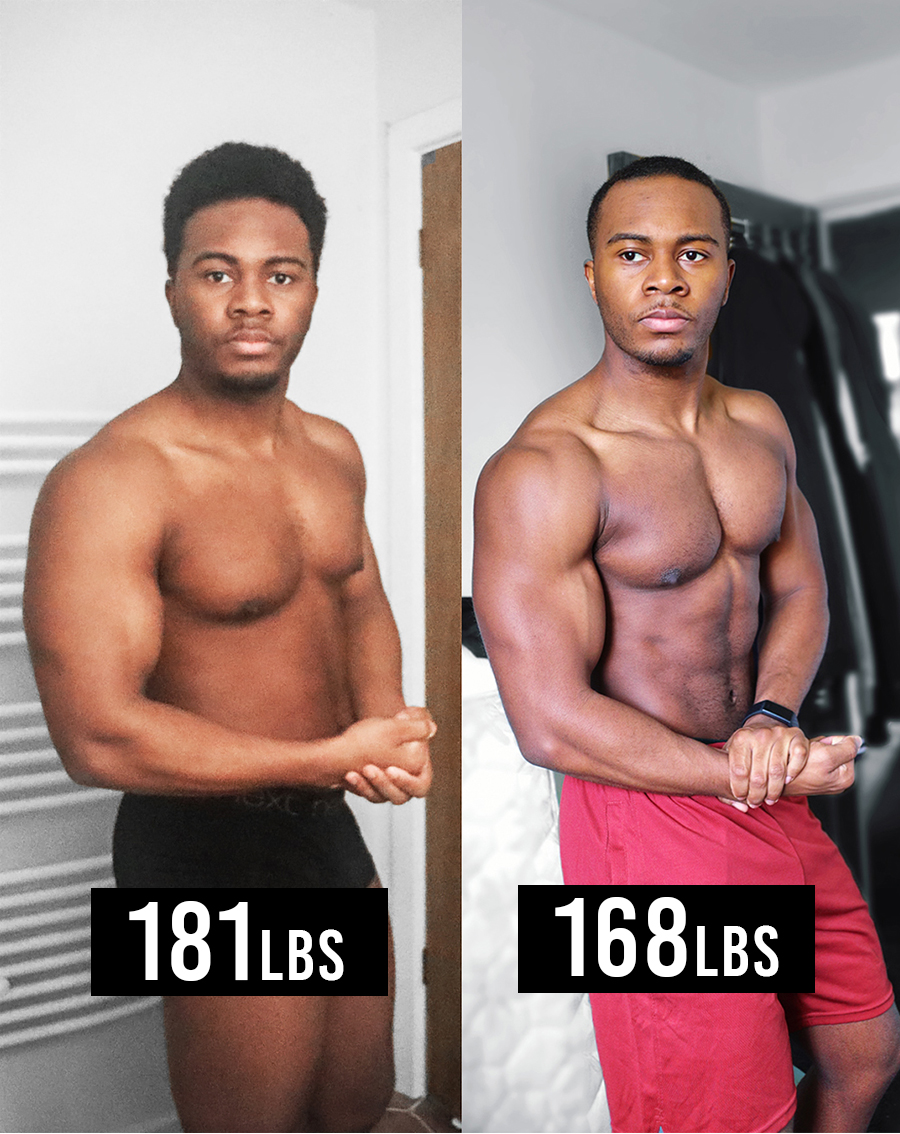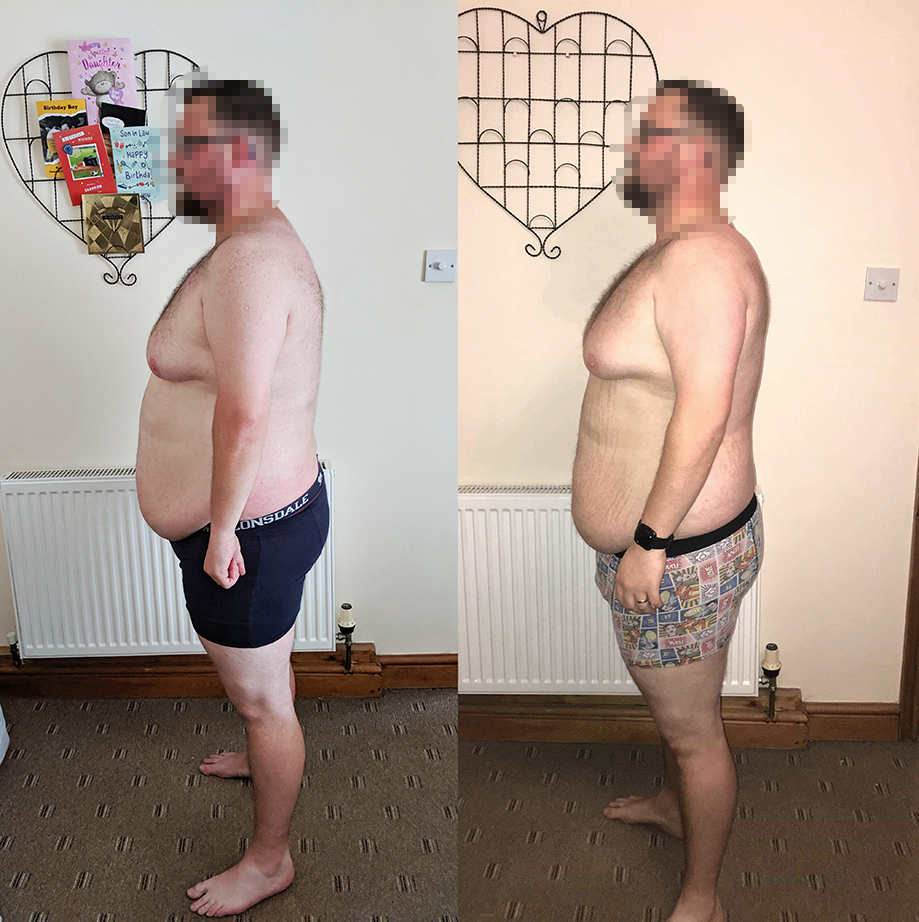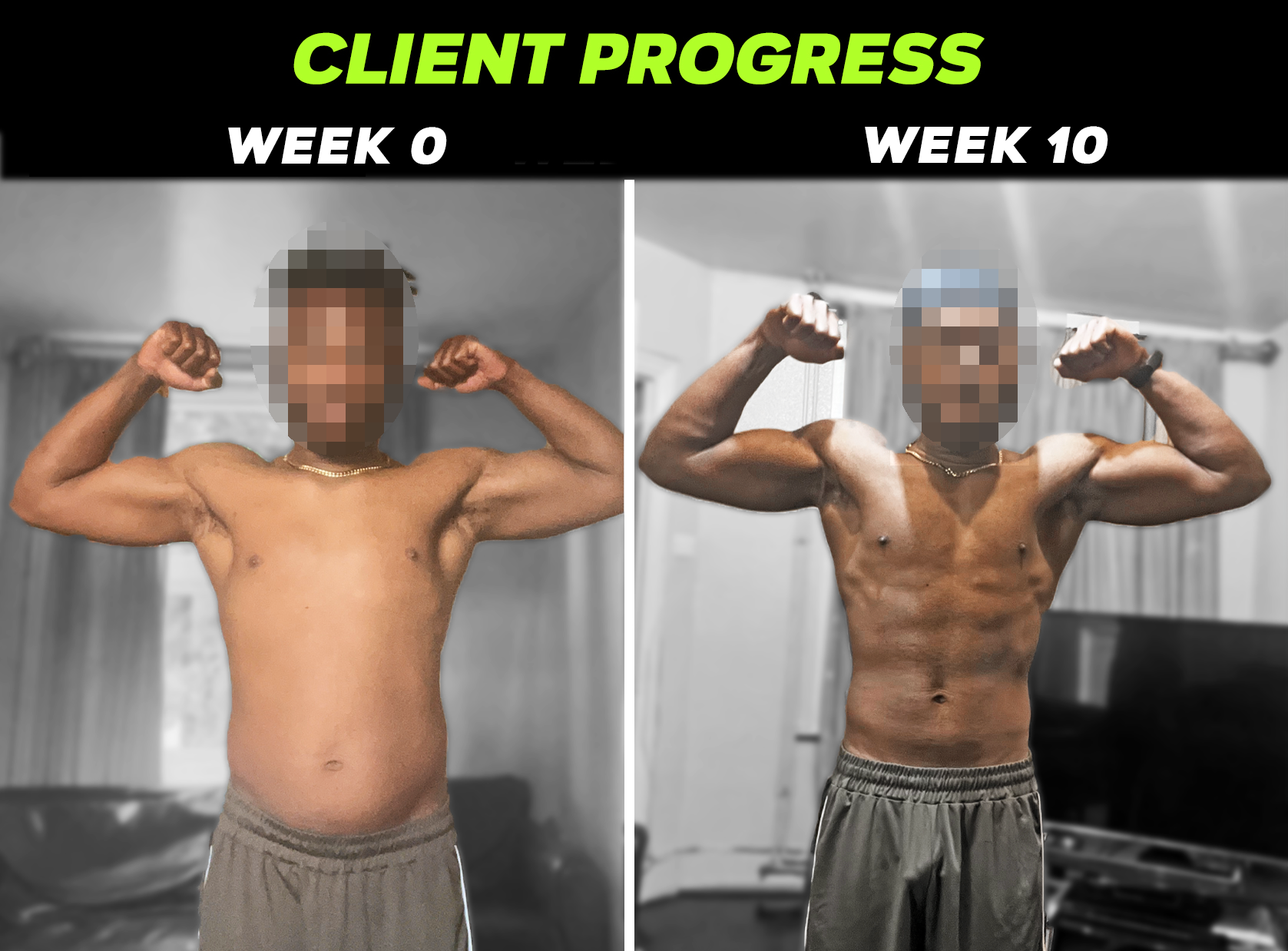Fat loss can be a struggle for many but making sure to create a calorie deficit is key. In this article, we will break down the basics of how to correctly create calorie deficits to lose fat plus retain muscle and NOT simple losing weight.
Macros and Fat Loss
Protein, fats, and carbs play a fundamental role in your body. However, when it comes to dropping calories for weight loss, most people choose to pull from carbs to create a calorie deficit and below I’ll explain why that is the case.
| Macro | Calories per gram |
|---|---|
| Carbohydrates | 4 cals |
| Protein | 4 cals |
| Fat | 9 cal |
Why Focus on Carbs?
Carbs are often associated with calorie-dense foods like pizza, cookies, donuts, and cakes (which actually also is high in fat too). Overall, when focusing on cutting down on those types of foods you will likely create a calorie deficit and begin losing weight.
Why Not Fat?
Fat is the most calorie-dense of the three macros. However, most people do not consume enough healthy fats daily. Plus, many high-fat foods are also linked to high carbs foods, so if you focus on cutting down on those high carb foods, you’ll likely notice you fat intake significantly drop.
Overall, a healthy diet should include enough dietary fat to aid in hormone production, including testosterone. For most average size men it will be around 40g-65g.
How Much Carbs Should You Drop?
Many people make the mistake of creating a calorie deficit by drastically cutting their carbs, which can be detrimental to their progress. The amount of carbs you need to drop is subjective to your starting point. A small drop of even 30-40g can make a significant difference, theres no need to significantly drop more than say 80g of carbs in one instance. I’d not aim to eat less than 130g of carbs year-round unless you are at the end of a cut, as its not sustainable for most people.
Why Carbs Shouldn’t Be Too Low?
Carbs are our bodies’ preferred source of energy, and cutting them too drastically can lead to a dip in performance, especially during weight training. If you are feeling this effect, you can consider incorporating a refeed day with higher carb and slightly lower-fat intake.
Fat Loss vs Weight Loss
Losing weight and losing fat are two different things that require a more conscious effort, you need to review your lifestyle, learn about nutrition and make small changes to create a gradual calorie deficit. Never opt for Crash diets, they are not the answer.





